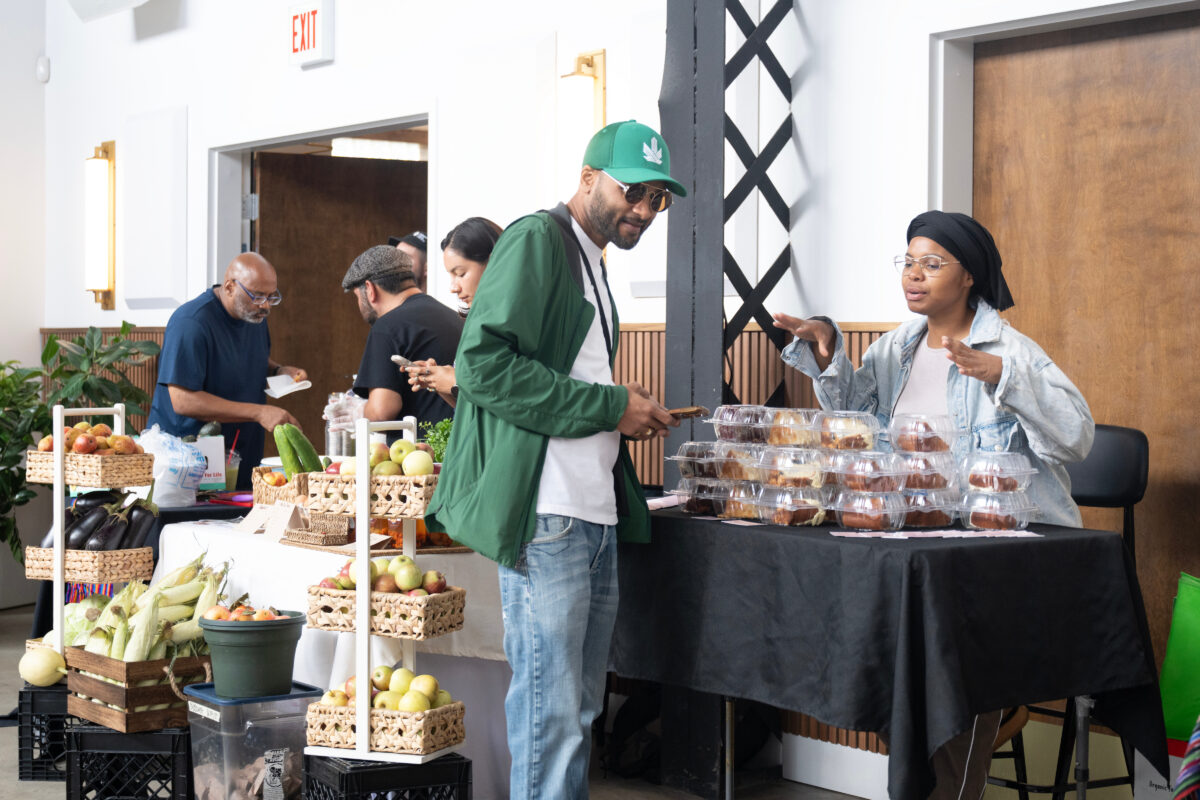In April 2019, I was hired to write for Showtime’s The Chi. Some writers dream of getting staffed in Hollywood but I didn’t. In fact, I was adamantly against working in Hollywood, whose entire history is bound up in promoting capitalism, imperialism, white supremacy and U.S. hegemony from Birth of a Nation to Westerns.
By 2019, I was an exhausted radical artist perpetually broke after self-funding projects and constantly begging for money from foundations or through Kickstarter. That year, a post-Get Out Hollywood was capitalizing on artists of color it had previously marginalized, as racial justice movements shifted from the margins to the mainstream.
I figured if Hollywood was going to co-opt the fruits of radical activists’ labor, I’d let them co-opt me and use the money I made to support my radical endeavors and community in Chicago. That plan was going well until October 2023.
I wasn’t just a Hollywood screenwriter, but also a cultural studies scholar focused on colonialism, and a radical activist who had followed the Palestinian struggle since 2001. I knew Israel would use Palestinians’ al-Aqsa Flood to license a genocide many would argue has been ongoing for decades. I knew speaking out in an industry entangled with the Israeli project since the movie Exodus could have devastating effects on my career.
You never regret being brave. Speaking out against Israel on October 8 indeed incited retaliation like violent messages from agents and executives, producers walking away from projects, and the loss of most relationships I had built in Hollywood. I’m an Aquarius, so I hold estrangement over principle like a trophy. When you do the right thing, people punish, but I believe the universe rewards, and often through the people it puts in your path at such moments.
I met Manny Mendoza at a Las Sandias run. Mendoza is famous as the chef who won Netflix’s Cooking with Cannabis. But a public profile hasn’t kept him from his unabashed commitment to a Free Palestine and radical activism confronting gentrification, immigration, and cannabis inequity. He lends his culinary talents to cooking demos that raise funds for Palestinian organizations and to “abolish i.c.e. cream socials.”
As the founder of Herbal Notes, which creates pop-up, weed-infused culinary and multi-sensorial experiences, Mendoza knows how to build spontaneous immersive worlds—and that’s exactly what he does every Wednesday with his Pueblo Market initiative.
Pueblo Market is a weekly night market with an eclectic array of socially conscious vendors. At Pueblo, you can nab craft candles and farm eggs, vintage tees and a flash tattoo, a smash burger and sound healing, all while listening to hot deejay sets or hopping into a match with the chess club that convenes there.
The first Pueblo Market I attended last year was one of the best nights of my summer. Then Pueblo was at Vault Gallerie, a gallery run by Delilah Martinez, a frequent collaborator of Mendoza and founder of the Mural Movement during the pandemic. Martinez and Mendoza are behind the Palestine solidarity murals in Pilsen.
Last year, Mendoza moved Pueblo Market a couple of blocks north from Vault to Gracias Maria, a juice bar and cafe where Mendoza’s a partner and runs the food program (Mendoza has a sandwich there that remixes a French Dip and an Italian beef—putting barbacoa and giardiniera between homemade ciabatta to dip into birria consomé. It’s the best sandwich in the city.).
To accommodate Pueblo Market’s growing popularity, Mendoza has moved Pueblo Market again to Hoste Cocktails, a new bottled cocktail business with an event space in Pilsen.
Pueblo Market isn’t just vibes: its weekly installments include organizing efforts like Know Your Rights trainings to fend off ICE. Rightfully so, Pueblo Market bills itself as a space for “solidarity, community, sanctuary and mutual aid.”
But for me, it’s been a utopia that’s gotten me through these horrific times and reminds me that sometimes revolution is a place.

